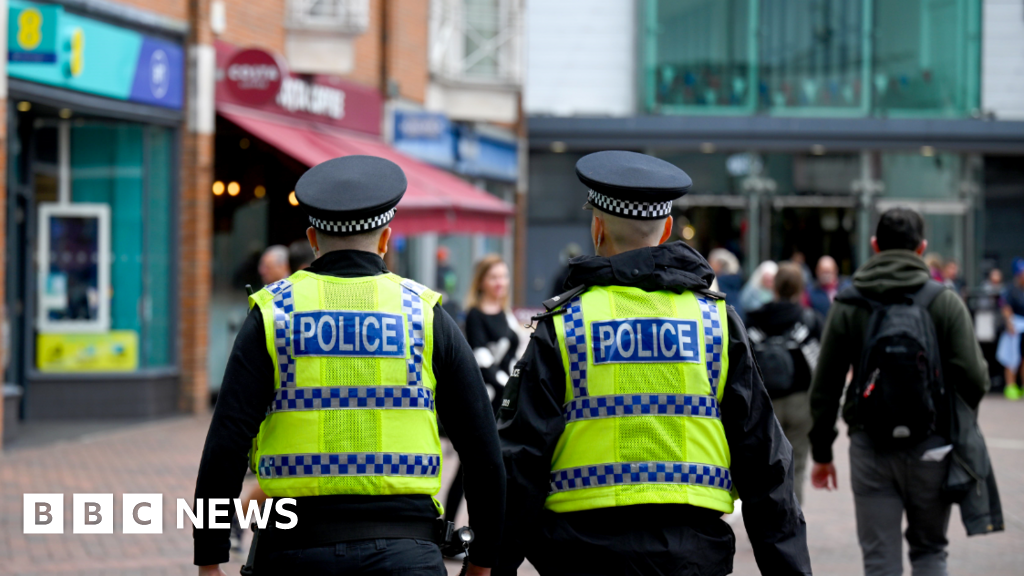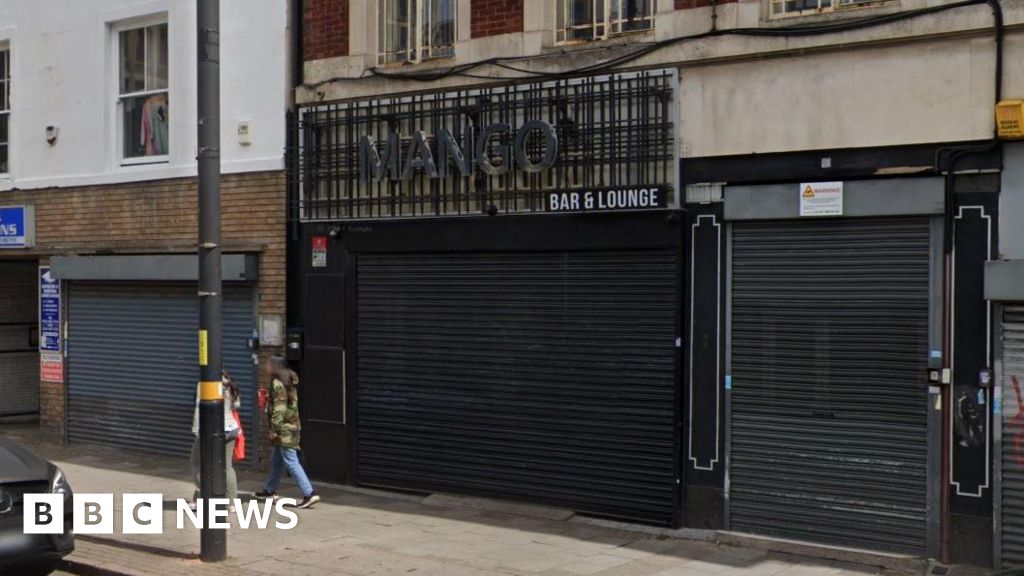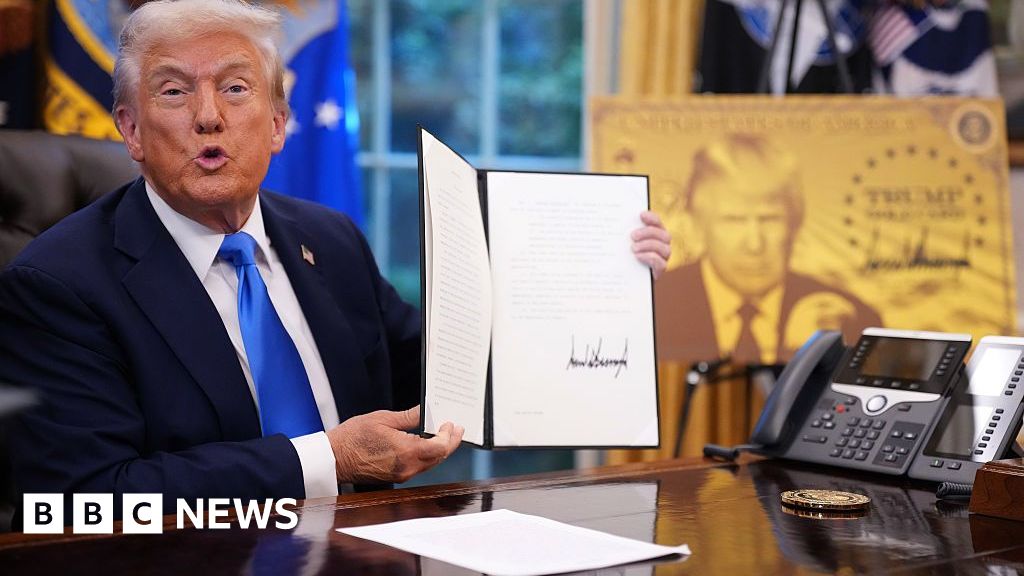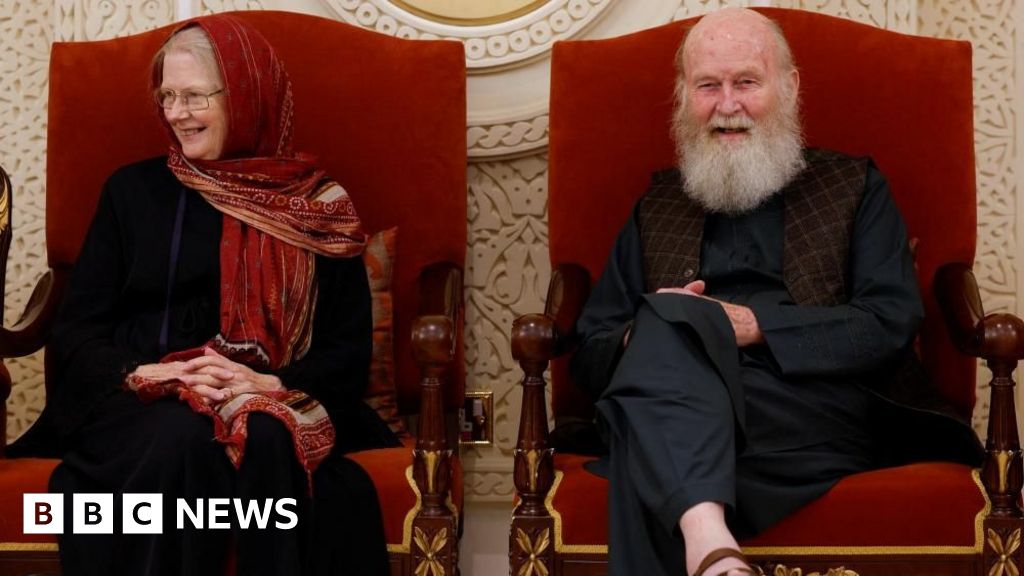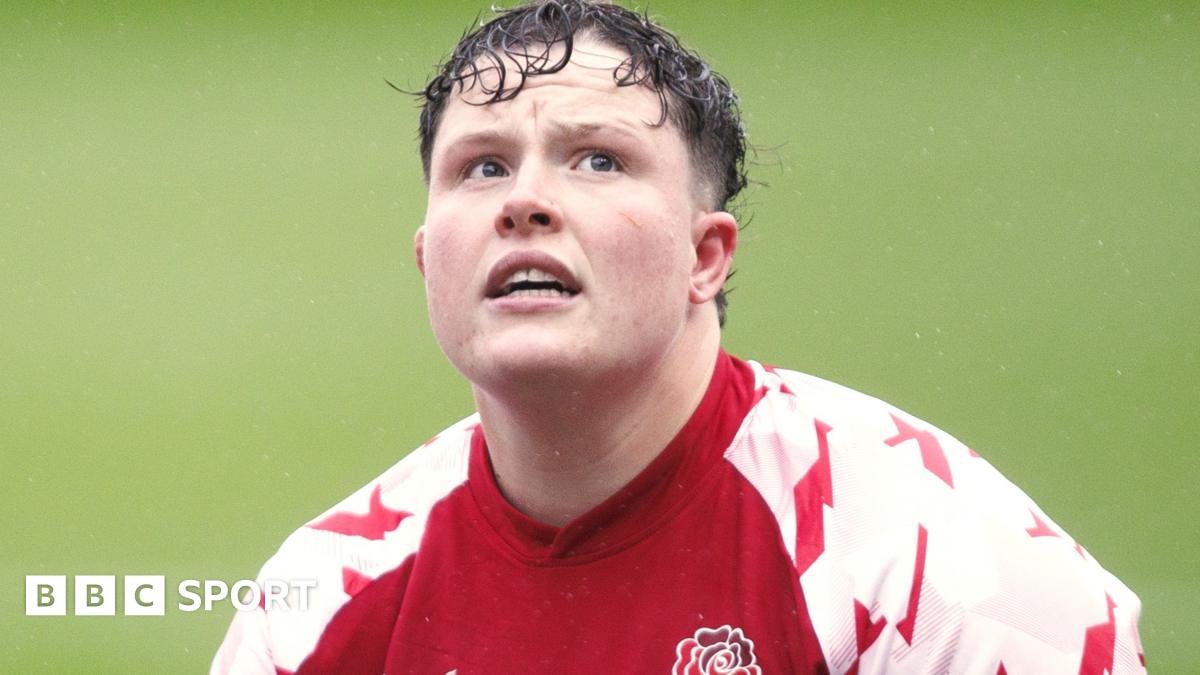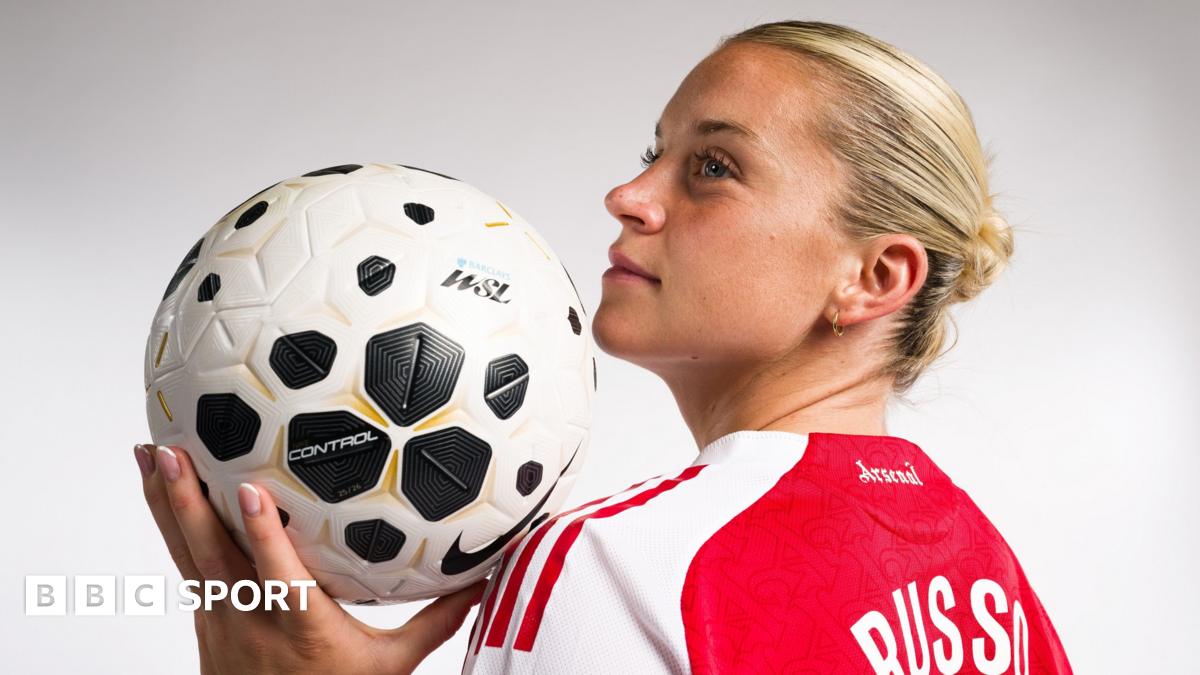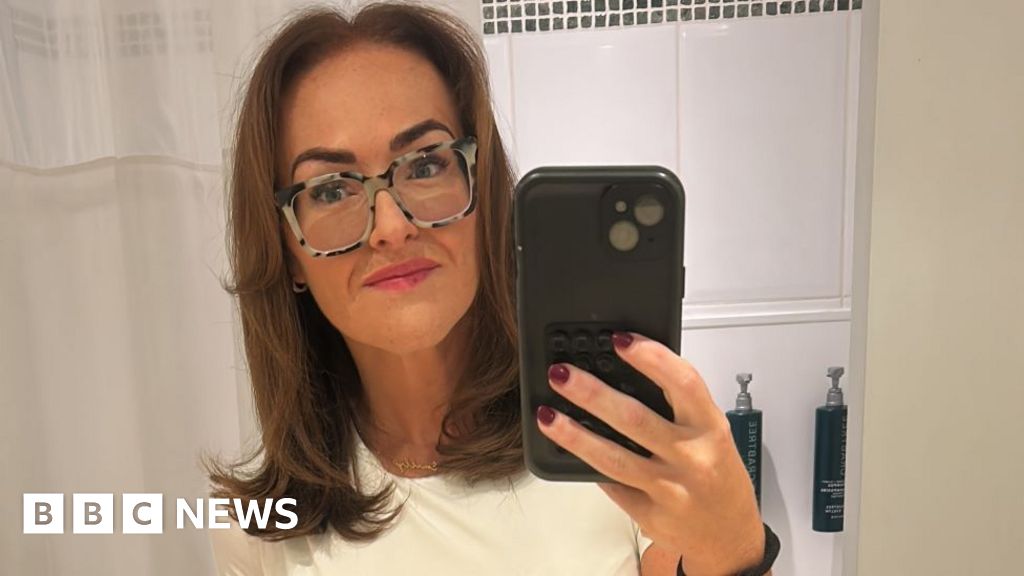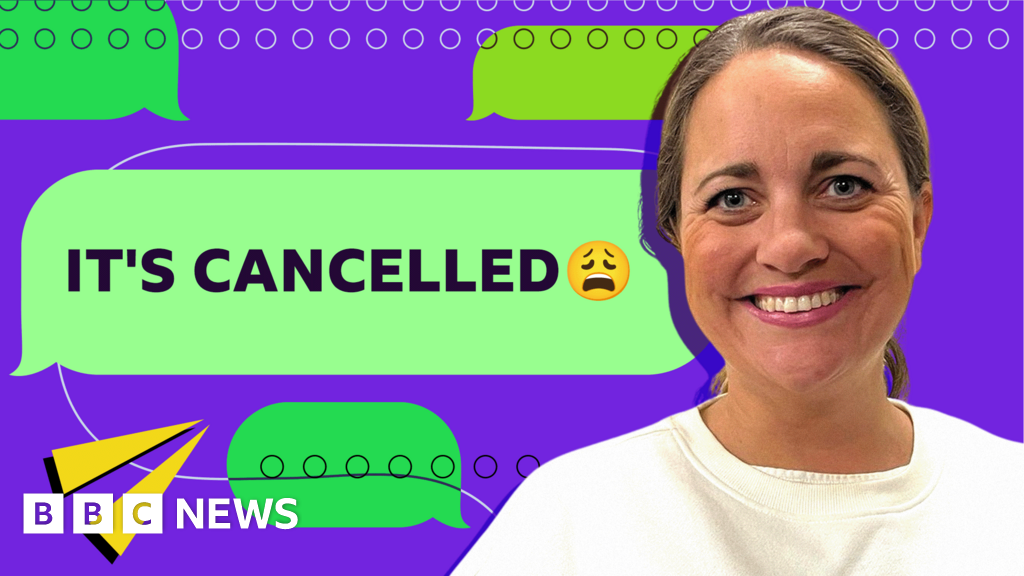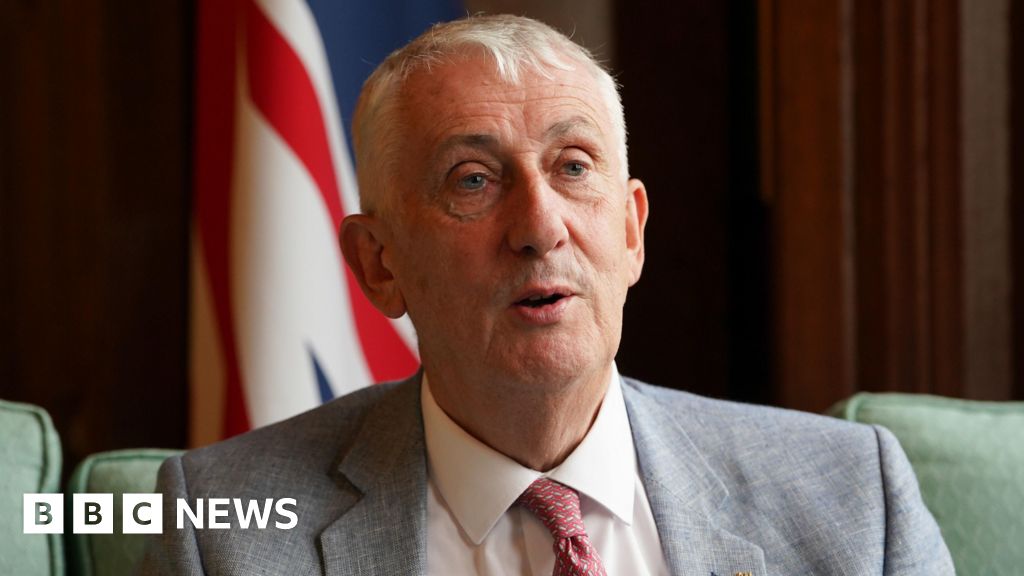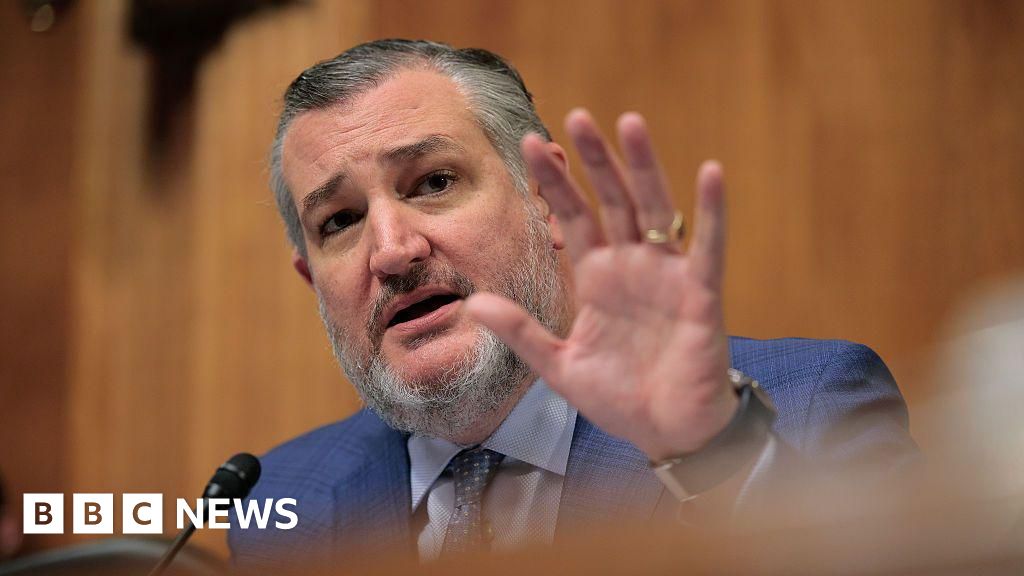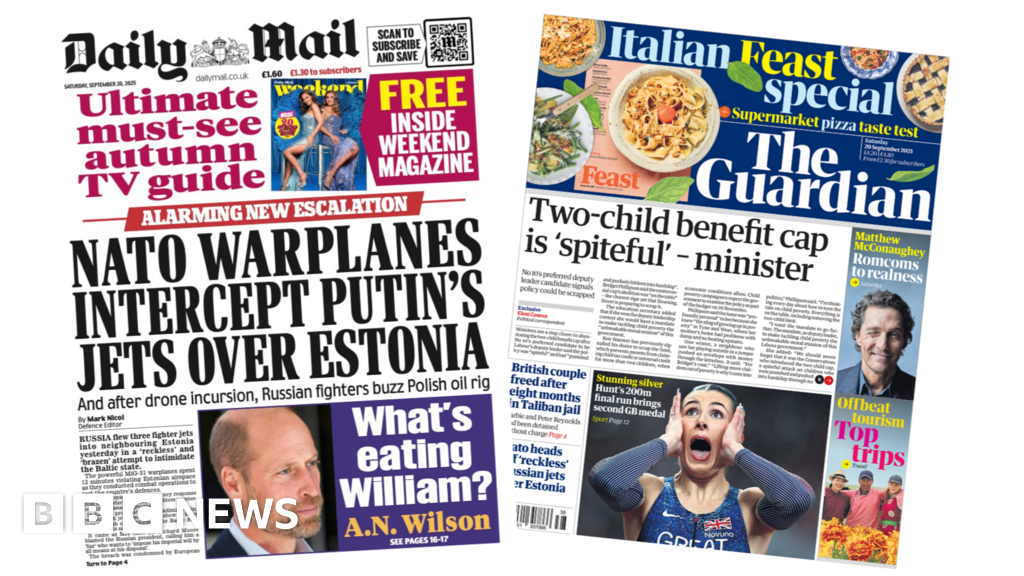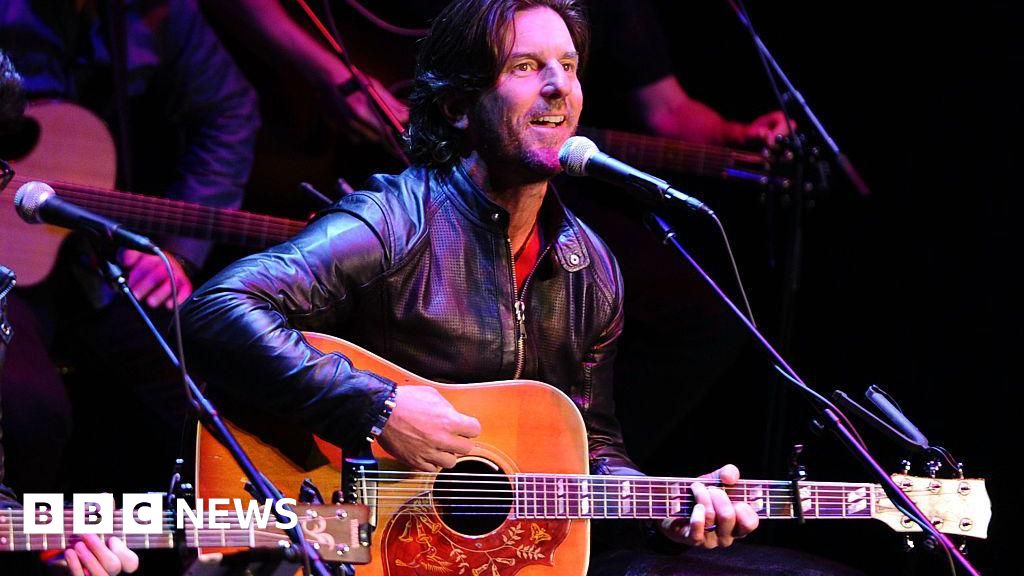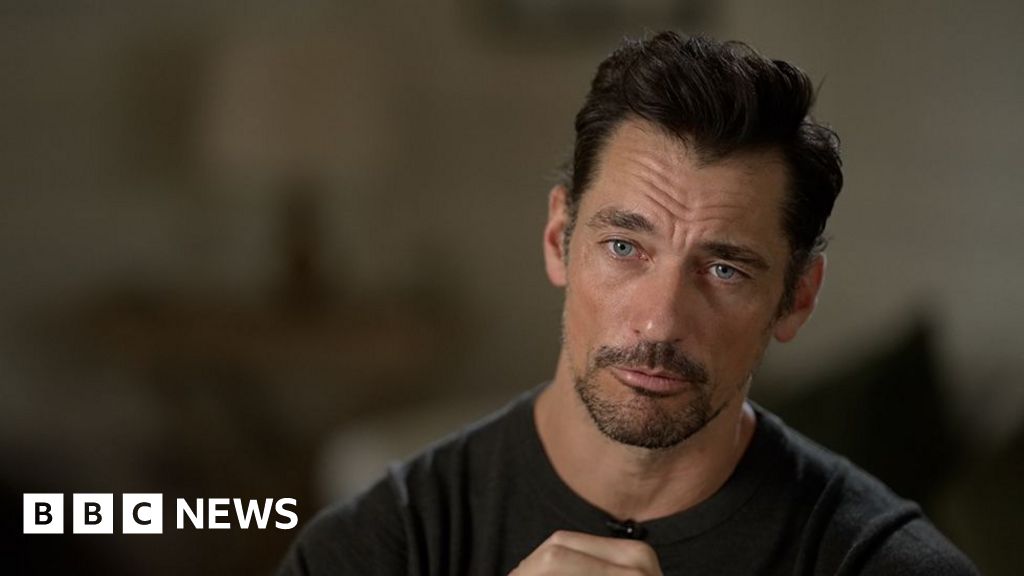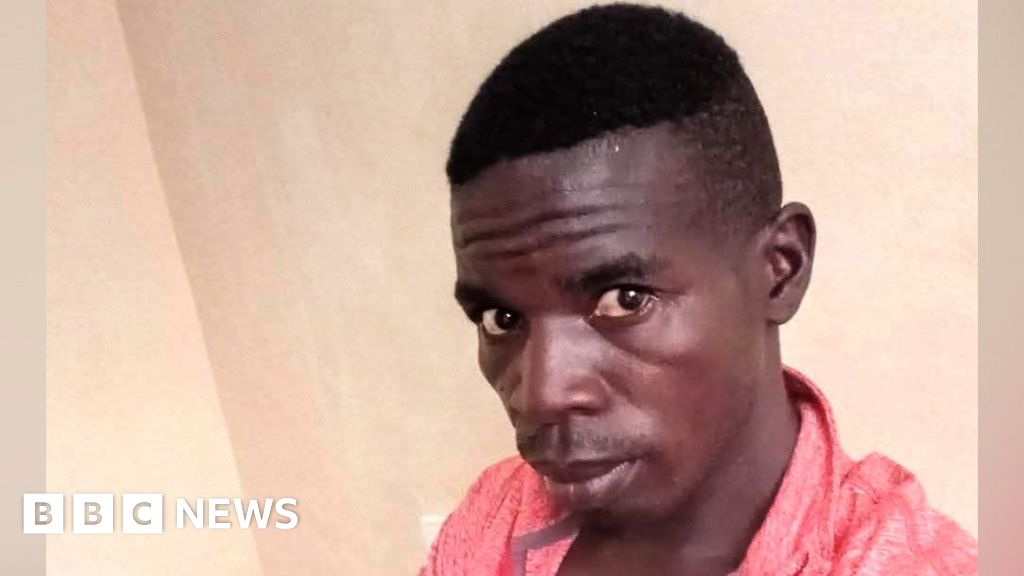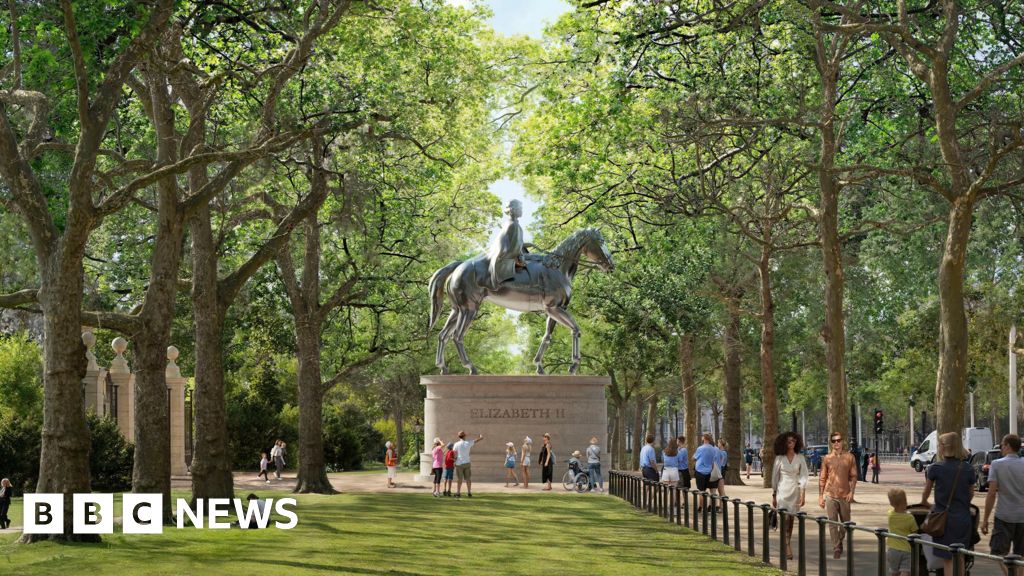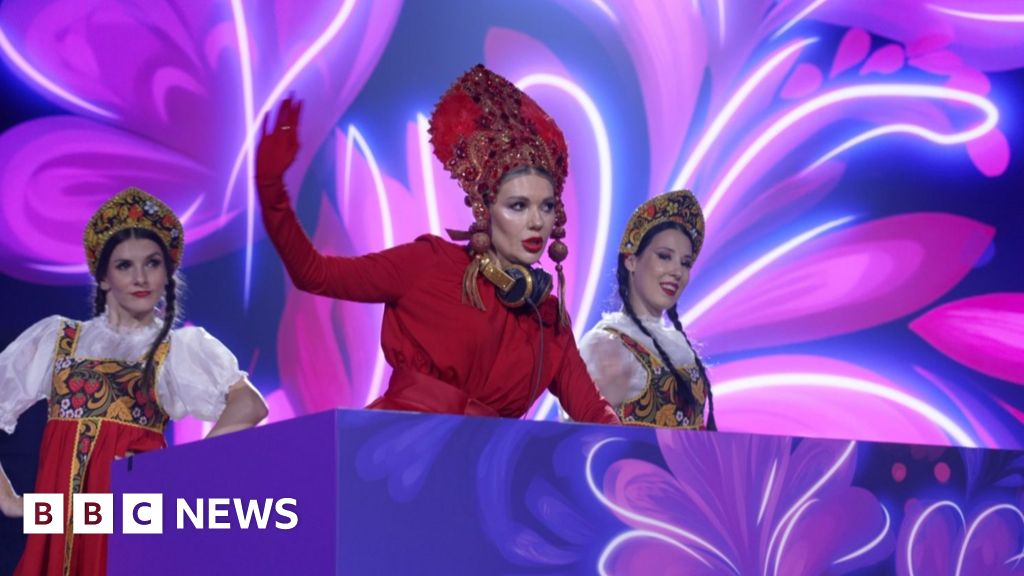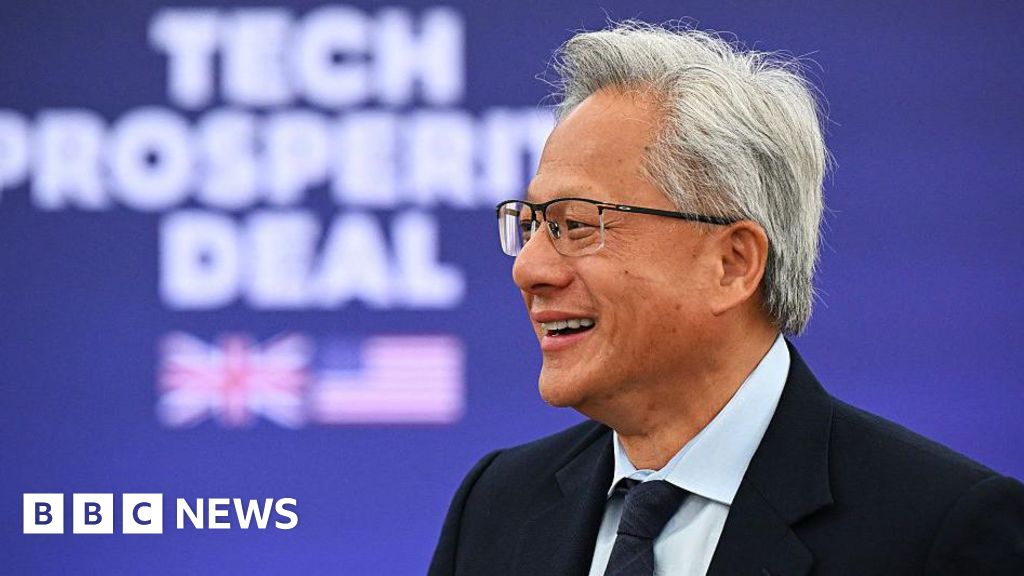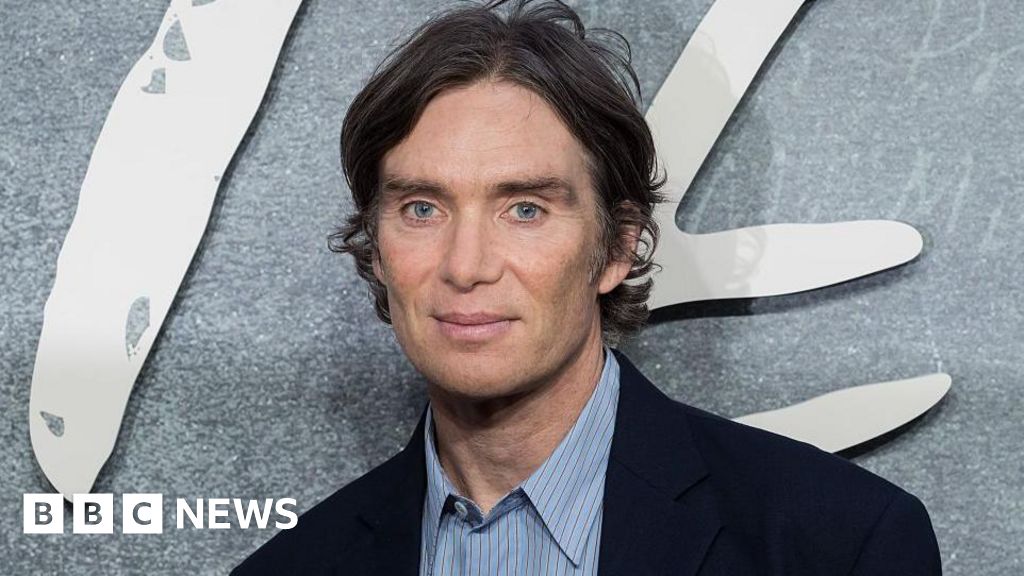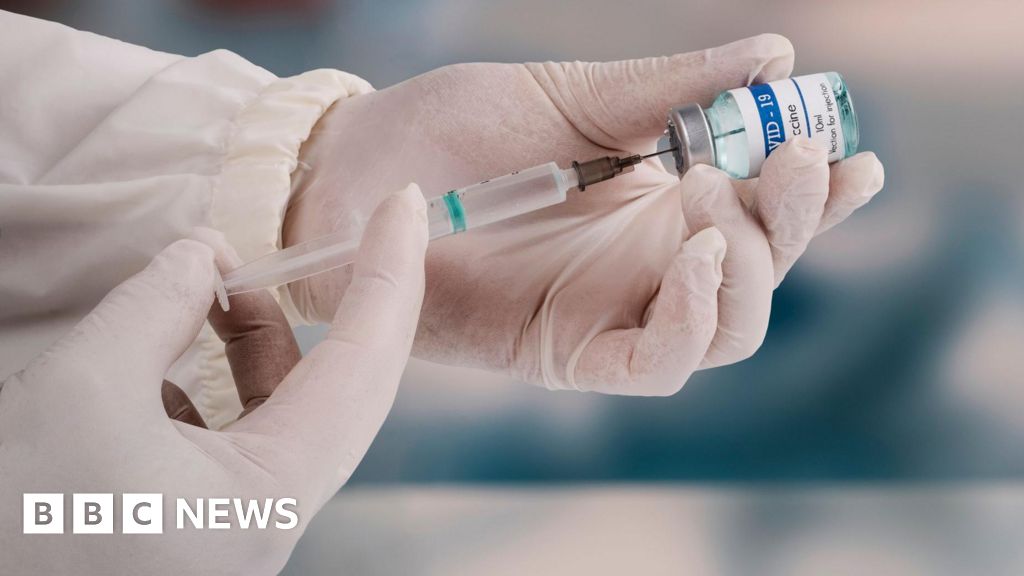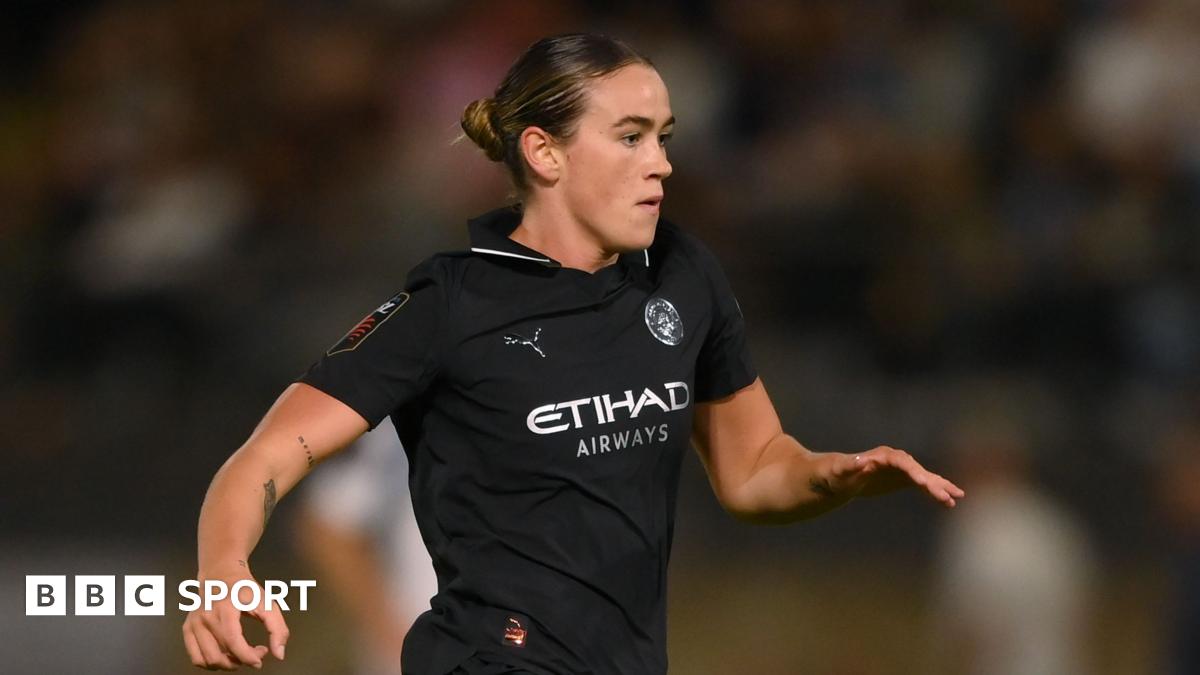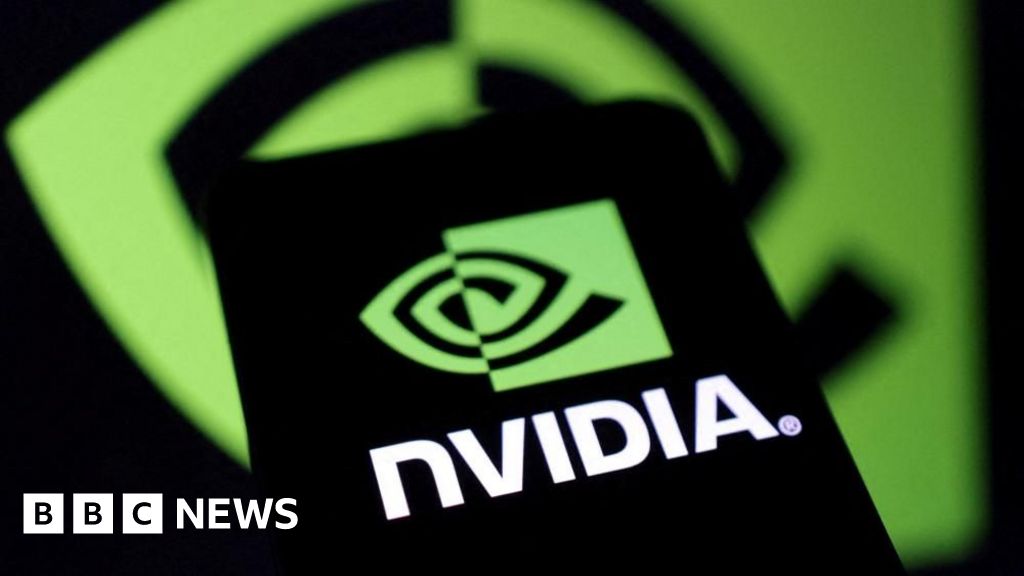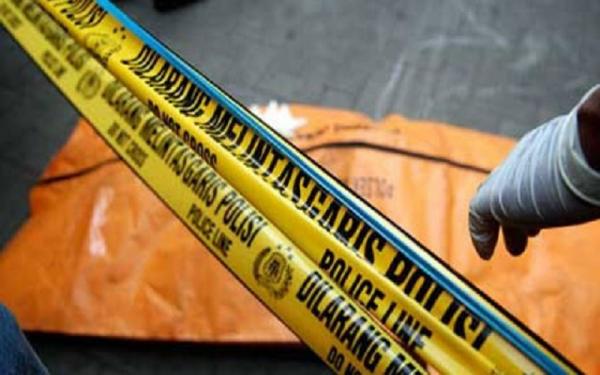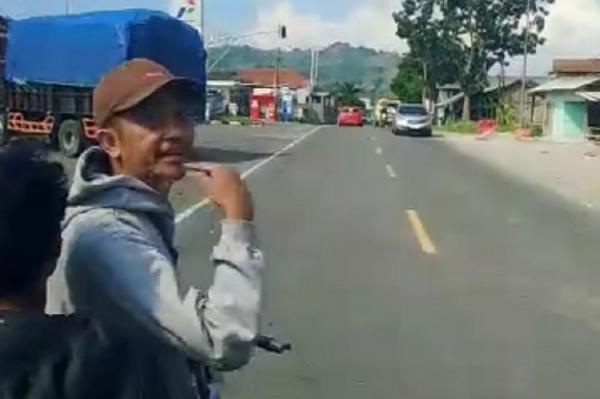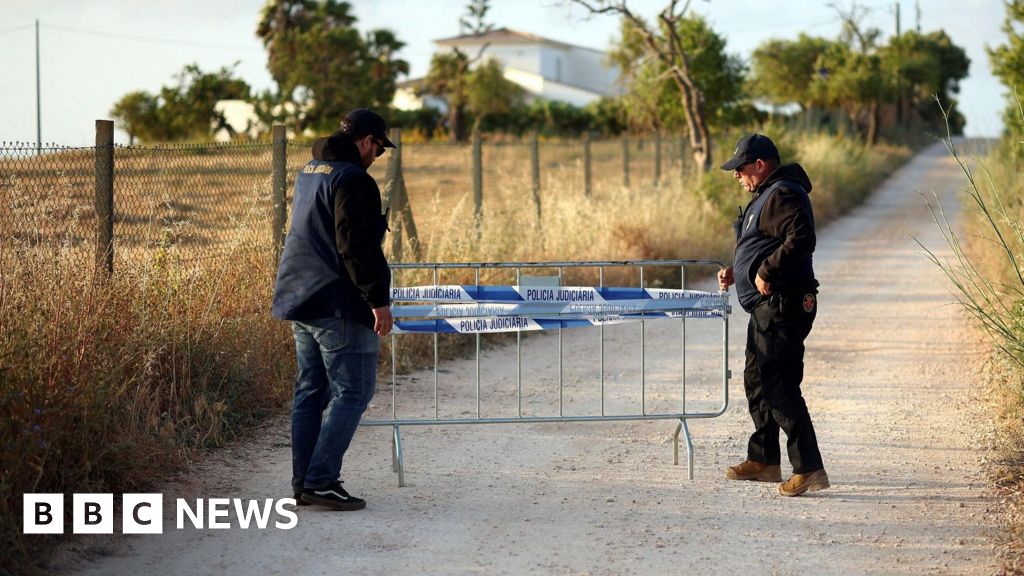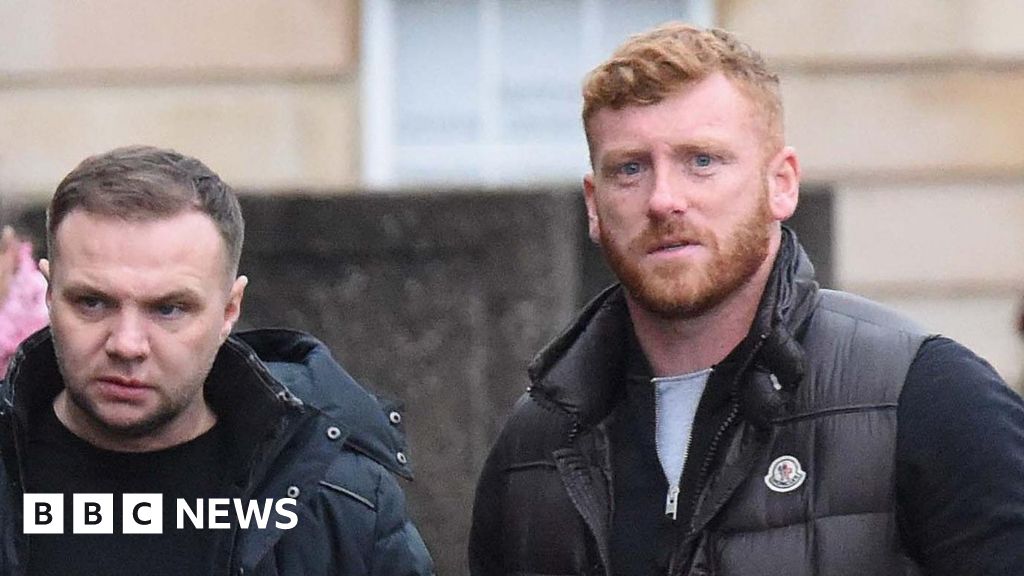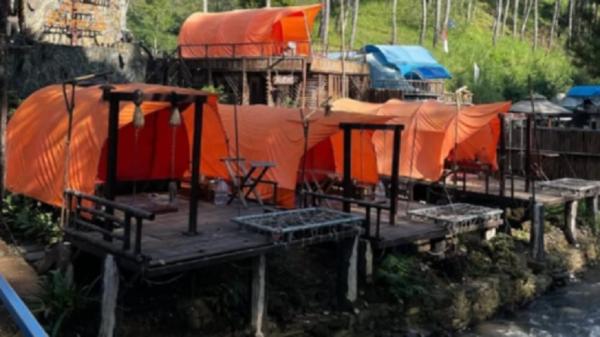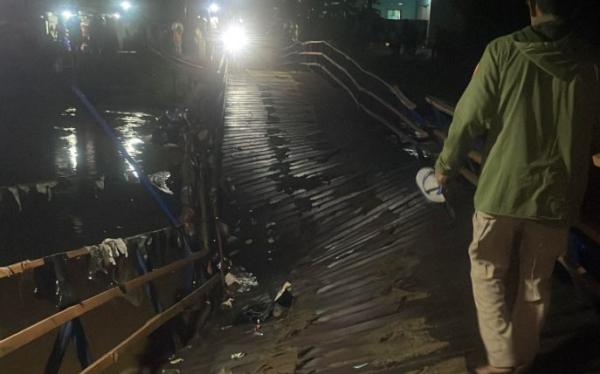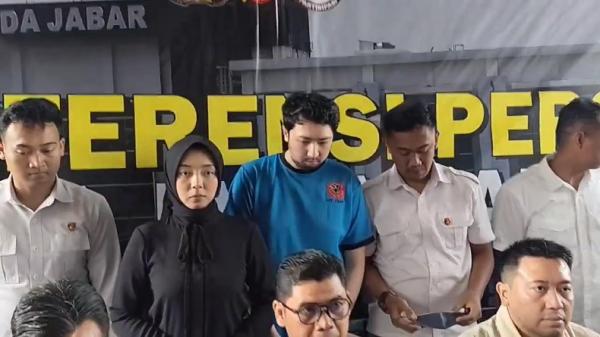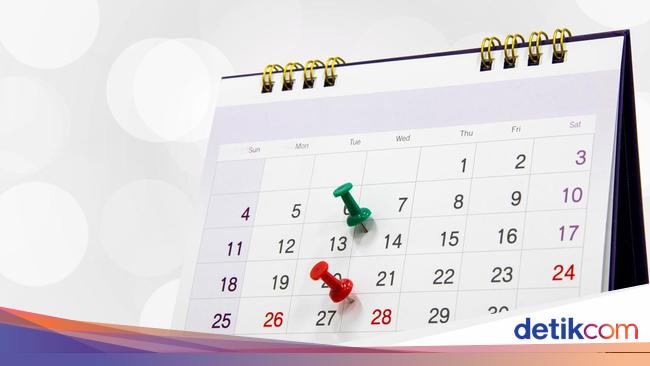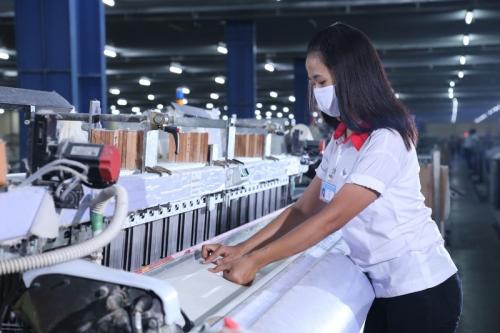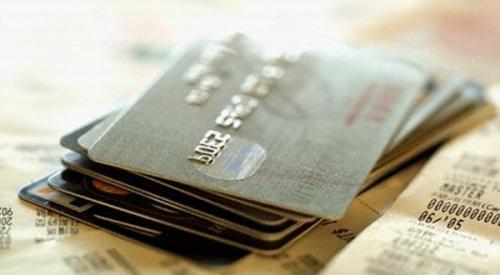Joshua Nevett
Political reporter

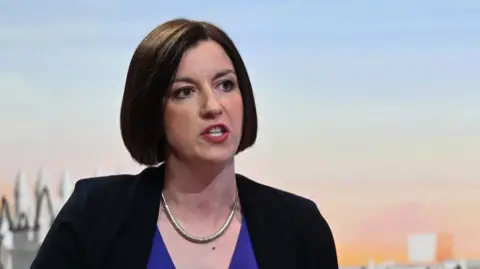 BBC
BBC
Spending decisions have been made "harder" by the government's U-turn on welfare changes, the education secretary has said, as she did not commit to scrapping the two-child benefit cap.
Bridget Phillipson told BBC One's Sunday With Laura Kuenssberg programme that ministers were "looking at every lever" to lift children out of poverty.
But she said removing the cap would "come at a cost" and insisted the government was supporting families with the cost of living in other ways.
It comes after a rebellion of Labour MPs forced the government to significantly water down a package of welfare reforms that would have saved £5bn a year by 2030.
The climbdown means the savings will now be delayed or lost entirely, which puts pressure on Chancellor Rachel Reeves ahead of the autumn Budget.
Before its retreat on benefits, the Labour government was considering lifting the two-child benefit cap, a policy that restricts means-tested benefits to a maximum of two children per family for those born after April 2017.
About 1.6 million children live in households affected by the cap, according to the Department for Work and Pensions.
The Institute for Fiscal Studies think tank estimates that axing the policy would cost the government about £3.4bn a year and would lift 500,000 children out of relative poverty.
When asked if the chances of getting rid of the cap had diminished, Phillipson said: "The decisions that have been taken in the last week do make decisions, future decisions harder.
"But all of that said, we will look at this collectively in terms of all of the ways that we can lift children out of poverty."
Phillipson and Work and Pensions Secretary Liz Kendall are leading a child poverty taskforce, which is looking at the case for removing the cap, among other policy options.
The taskforce was expected to publish a strategy for reducing child poverty in the autumn.
The government launched the taskforce last year, at a time when it was being urged by opposition parties and some Labour MPs to scrap the two-child benefit cap.
There is still a big appetite to lift the cap among many Labour backbenchers, especially those who were leading opponents of the planned cuts to welfare.
In May, Phillipson said "nothing is off the table", when asked whether the government was considering lifting the cap.
But speaking to the Guardian newspaper on Friday, Chancellor Rachel Reeves said she was "not wedded to any specific policy" to reduce child poverty.
In that interview, Reeves said it would be "irresponsible" for a chancellor to rule out tax rises and said "there are costs to what happened" with welfare.
On the Sunday with Laura Kuenssberg programme, Phillipson struck a similar tone.
The cabinet minister said scrapping the two-child benefit cap "does come at a cost and that's why, in keeping with our fiscal rules, we do need to make sure that we have a strong foundation for the economy".
Phillipson said while the cap was "an important consideration", it was "not the only way that we are supporting and will support families", pointing to the expansion of family hubs, free school meals, breakfast clubs, and childcare.
Conservative shadow chancellor Mel Stride, who also appeared on the programme, said the government had made some "poor choices" and argued more could be done to cut the growing benefits bill.
He said his party would attempt to make changes to the government's welfare reform bill as it makes its way through Parliament.
One of the party's amendments to the bill would reduce entitlement to health-related benefits for those with less severe mental conditions.
"We don't believe welfare should trap people," Stride said.
"We do need to be encouraging and have a system that sees people go into work and not on benefits."
.png)
 2 months ago
31
2 months ago
31
